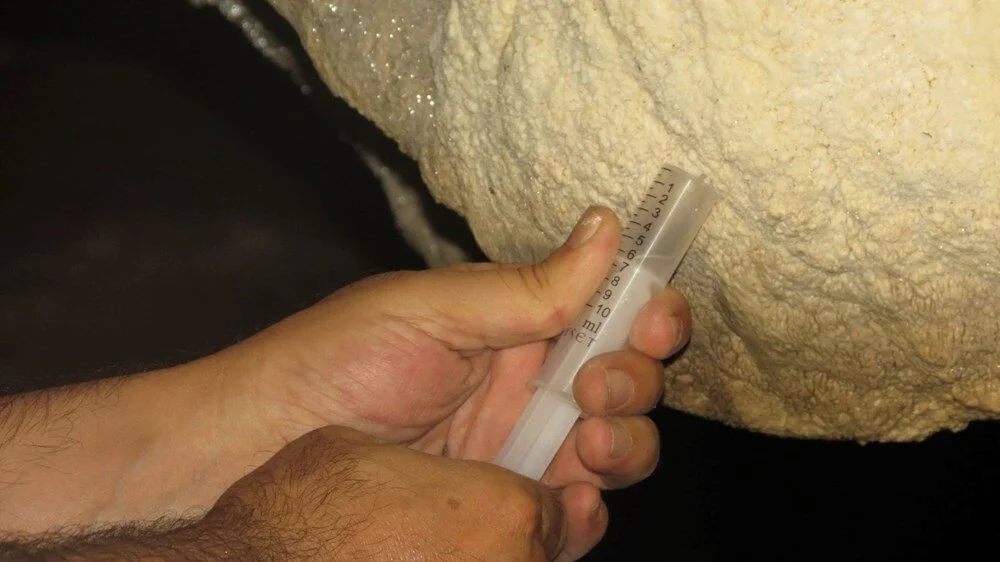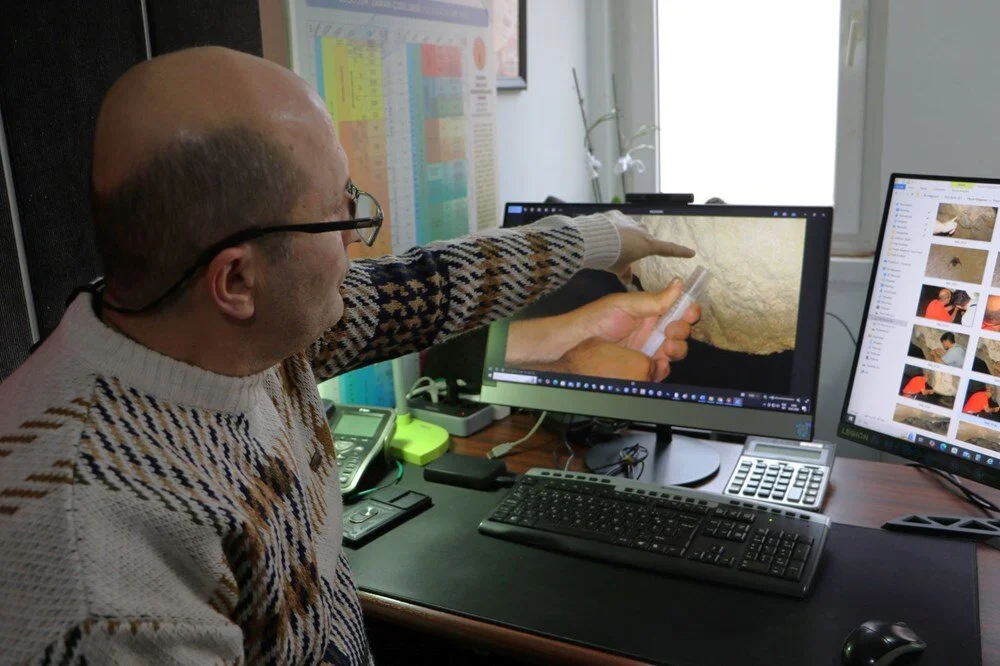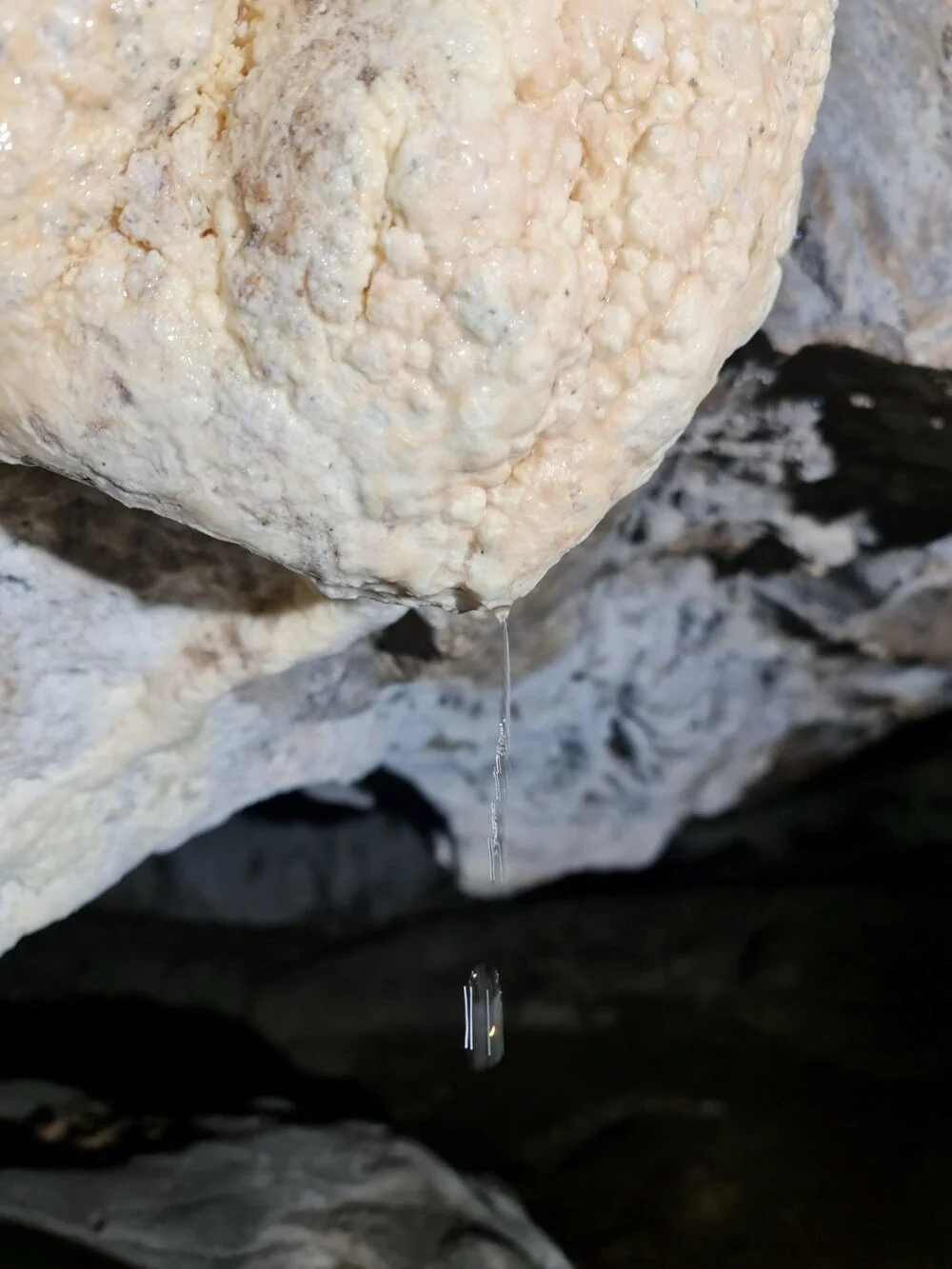
‘Moon Milk’ Bacteria Discovered for the First Time in Türkiye
First Discovery of ‘Moon Milk’ Bacteria in Hayat Kayası Cave, Bafra, Samsun
In a groundbreaking discovery, ‘Moon Milk’ bacteria have been found in the Hayat Kayası Cave, located between the Esençay and Başaran neighborhoods in Bafra, Samsun, northern Türkiye. This finding is significant as it marks the first occurrence of ‘Moon Milk’ bacteria in the country.
Details of the Discovery
Assoc. Prof. Faruk Aylar from Ondokuz Mayıs University announced the discovery, stating, “We have found ‘Moon Milk’ bacteria in Hayat Kayası Cave. This substance, known as ‘Moon Milk,’ is used for its antibiotic properties, particularly in England and Scotland. There are plans to develop medications from it.” He further explained that samples collected from the cave are currently being analyzed by microbiologists.

Significance of Hayat Kayası Cave
Dr. Aylar emphasized the importance of Hayat Kayası Cave, describing it as one of the rare cave formations in the Black Sea region. He noted, “This cave is a karstic formation created by the dissolution of limestone. It is approximately 170 meters long and resembles the letter ‘T.’ We have conducted preliminary studies and scientific publications on this cave, which is a significant natural heritage site for Samsun.”

Dr. Aylar highlighted that this type of research has not been conducted in Türkiye before, making it a pioneering study. The cave is divided into three sections: the illuminated area, the twilight zone, and the completely dark section. The ‘Moon Milk’ formation is found in the twilight zone, where microbial effects play a crucial role in its development. Collaborating with faculty members from the Faculty of Human and Social Sciences and the Faculty of Veterinary Medicine, the team has begun to gather initial findings and conducts regular monthly visits to the cave.
Dr. Aylar expressed optimism about the potential of the bacteria, stating, “Our initial findings have yielded promising results. We will strive to transform this discovery into a product and secure a patent.” The research aims to explore the unique properties of the bacteria and their possible applications in medicine.
You may also like
Calendar
| M | T | W | T | F | S | S |
|---|---|---|---|---|---|---|
| 1 | 2 | 3 | 4 | 5 | 6 | |
| 7 | 8 | 9 | 10 | 11 | 12 | 13 |
| 14 | 15 | 16 | 17 | 18 | 19 | 20 |
| 21 | 22 | 23 | 24 | 25 | 26 | 27 |
| 28 | 29 | 30 | ||||
Leave a Reply